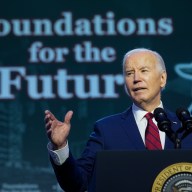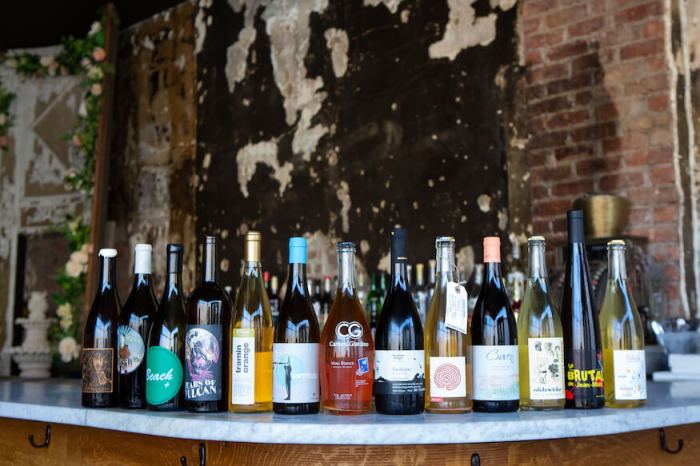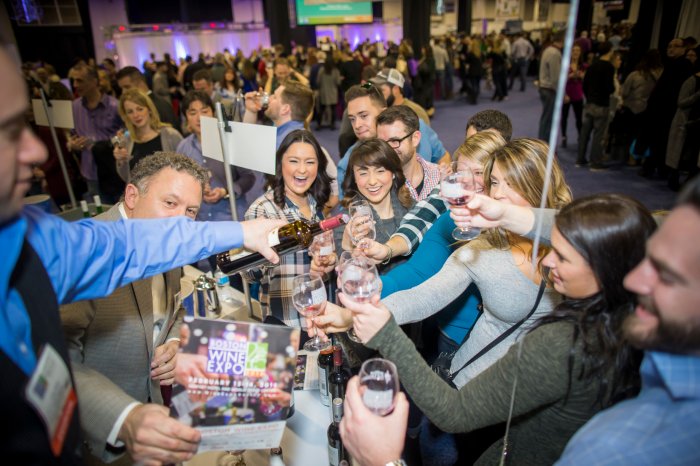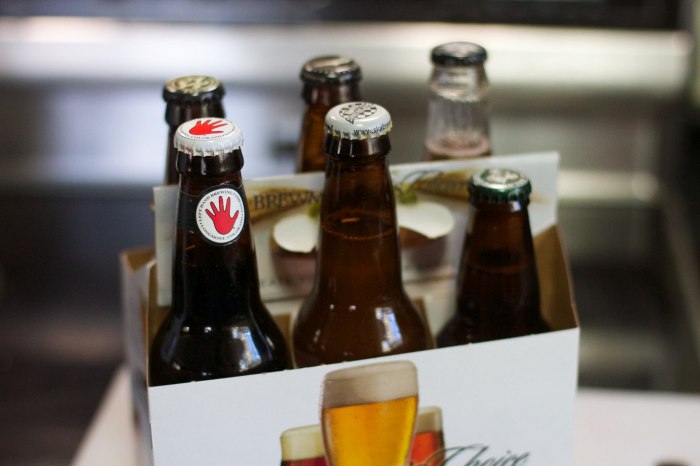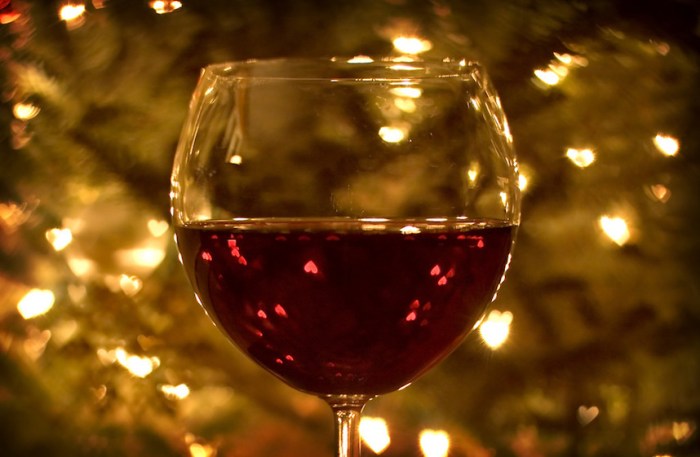Free beer.
It’s an enticing draw for potential customers and good times-seeking Bostonians, especially in a city where bar tabs are notoriously expensive.
But some say startups and brands looking to offer alcohol gratis at Boston promotional bashes face a bureaucratic minefield. At a time when liquor policy changes in the state are being pitched as business boosters, city event planners tell Metro it’s time for a booze-for-free policy update. “Having laws that are not so strict, the benefit is that people would go to more events – cooler events – and feel more comfortable throwing great parties without getting into trouble,” said Michelle McCormack, a prominent Boston event organizer who runs Secret Boston. McCormack has a stake in that argument. She said she’s thrown party-promotions that involve free alcohol — more than a dozen this year alone— and been stung more than once by shake-ups from police and liquor licensing overseers. Metro stopped by one such event earlier this year, where a small crowd of young professionals sipped beer, wine and mixed drinks purchased with complimentary tickets. The local tech company that hosted the event, which went on without incident at a downtown bar, asked that Metro not use its name. RELATED: Pour-it-yourself beer taps: Is Boston next?
Event-promoters looking to attract customers with alcohol have to navigate the state’s liquor laws, enforced by the Alcoholic Beverages Control Commission. The rules, which fall under what’s been called the “happy hour” regulations, are full of legal traps for boozy get-togethers, McCormack said. According to an ABCC advisory, open bars and free liquor are permitted at private functions with guest lists – an office holiday party at a bar, for example, or a brand-sponsored meet-up sent out to a select group of invited revelers. But it’s illegal for, say, a tech startup to advertise a product launch with complimentary martinis, or for a brewery to promote a beer giveaway at a nightclub or for a bar to charge a flat fee at the door for unlimited signature cocktails. The rules on advertising are the ones that cause the most headaches, McCormack said. An event might be entirely legal until she tweets or posts a public Facebook post letting people know about it, she said. McCormack describes the rules like this: “Just do what you want, but don’t be too obvious about it.”
“It’s been a huge pain in the ass,” said Sean O’Connor, co-founder of The Boston Calendar, an online event listing site. “Tons of events have this type of set-up. … [But] if Boston Calendar puts it up – it has a pretty decent audience – it’ll put up a red flag for the city to come and shut down the event.” RELATED: Bill aims to legalize charitable beer donations
The Boston Calendar, which has a staff of three, sometimes earns a cut of ticket sales listed on its site and makes money from other affiliations, O’Connor said.
On the whole, though, Massachusetts isn’t as hostile to alcohol-fueled entertainment as some say, said Nick Korn, a Boston-based mixologist.Hehosts tastings and educational events for spirit companies around the country for his company,Offsite. Every state has its quirks, he said. “It’s not the worst, it’s not the best,” Korn said, adding his business model is based on figuring out the many ways to host meet-ups without running afoul of regulators.
He said he isn’t necessarily on board with free alcohol at public parties, but wants to see regulations get more lenient, and more clear.
“My biggest hang-up is the opacity of the law,” he said. “It’s hard to find concrete information.”
Alcohol in Massachusetts is having something of a moment, at least when it comes to state and local law.
Boston’s City Council this month voted to lift a ban on bring-your-own-booze, or BYOB, at small restaurants in outlying city neighborhoods – pitched as a way to drive business to mom-and-pop spots that might be overlooked by diners. RELATED: How to pair beer with your meals
Mayor Marty Walsh hasn’t seen any proposals on loosening free alcohol policy, spokeswoman Bonnie McGilpin told Metro in an email. But, she wrote, “any change related to serving alcohol in our city would need to go through a comprehensive review by the licensing board, with input from the Boston Police Department, with public safety being the top priority.” Gov. Charlie Baker this month also announced he’s pushing the legislature to change state law on liquor licenses, giving cities and towns – with the exception of Boston – more latitude to give out alcohol permits without needing state lawmakers’ approval. Baker hasn’t taken a position on the state’s free booze rules, and there hasn’t been much discussion at the State House about the policy. But his office “will carefully review any legislation regarding other reforms around alcohol statutes should the legislature pass a bill,” spokeswoman Elizabeth Guyton wrote in an email. Without an update, McCormack and O’Connor told Metro, the state’s liquor laws run the risk of making Boston – when compared to cities with looser regulations – look like a bummer to companies, brands and young would-be Bostonians. “In New York anything can happen when you go out at night,” McCormack said. “You can run into the coolest events. That does not happen here in Boston.”
—
Clarification:Listing events on The Boston Calendar is free. Sean O’Connor, the site’s co-founder, said events are not “promoted” on TBC. This article has been updated to reflect that.
Free beer in Boston is tricky business
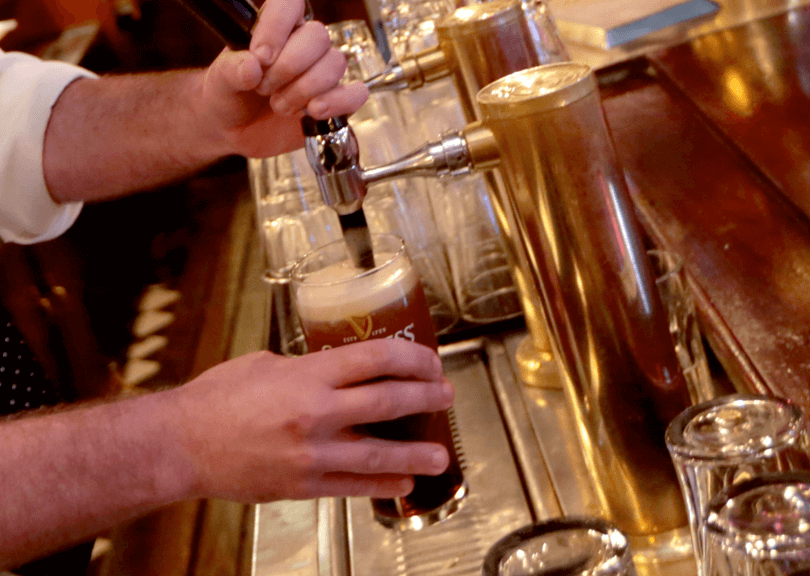
NICOLAUS CZARNECKI/METRO








